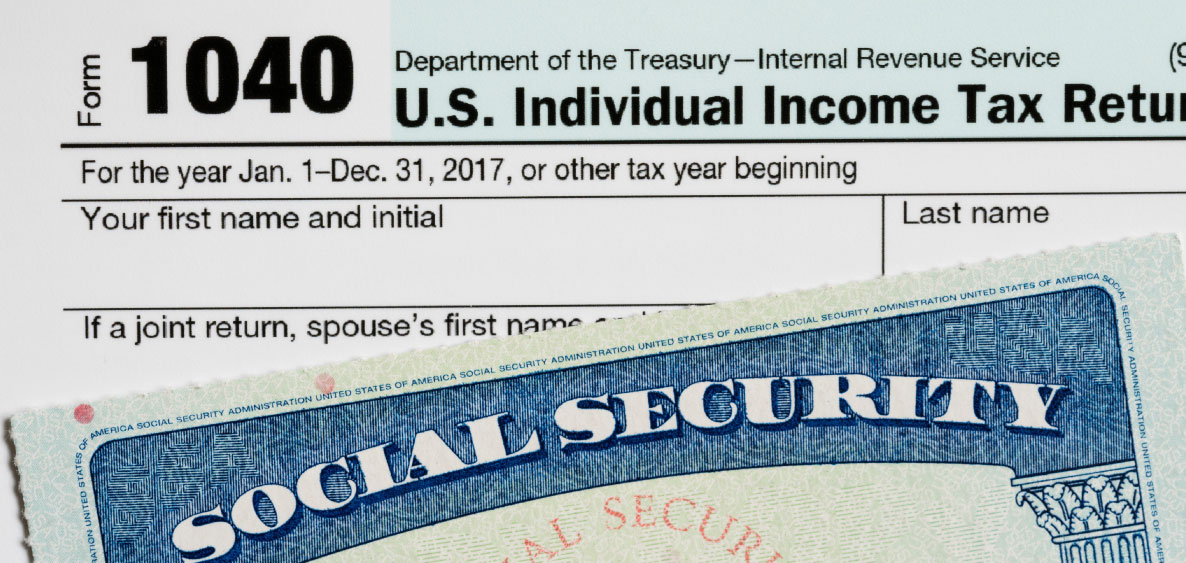
Financial well-being March 4, 2024 By
You pay your taxes on time, and you’re careful to file accurate returns. But what if someone contacts you and claims you owe back taxes – or says there’s an issue with your return? While the IRS DOES reach out to taxpayers when necessary, you may not be dealing with the IRS – but a scam artist. Imposter scams, including many tax scams, have swindled thousands of Americans out of hundreds of millions of dollars. Nearly 1 in 5 people who reported an imposter scam lost money because of it. Let’s look at two common IRS imposter scams, how they work, and how to spot them. The first scam to watch out for is a tax collection scam. A criminal may call you, posing as an official from the IRS or Taxpayer Advocate Service, and claim you owe taxes. They’ll demand immediate payment. This fake official may threaten to arrest you, take your driver’s license, or – if you are an immigrant – even deport you. Through intimidation, they’ll try to get you to pay up – often with a prepaid debit card, cashier’s check, or wire transfer. Don’t comply! Hang up the phone immediately. The IRS will never try to intimidate you over the phone or make unusual payment demands. Another scam to watch out for is an IRS verification scam. You may receive an official-looking email that asks you to verify your personal information. This is a phishing attack. By posing as the IRS, criminals try to trick you into providing sensitive information such as your Social Security number, online passwords, or banking details, which can be used to commit identity theft. If you receive an unexpected email from the IRS, it’s NOT the IRS. DON’T click on any links or download attachments. Here’s how you can guard against a potential IRS imposter. While IRS scams happen year-round, be aware of an increase during tax season. HANG UP on threatening phone calls and DON’T PAY, especially when you’re asked for a payment type that’s hard to track, like a prepaid debit card or gift cards.
Be wary of any non-mail communications that appear to be from the IRS. If the IRS reaches out, its initial contact is ALWAYS by postal mail – not by phone, email, or a text message. Don’t always trust your phone’s caller ID information, either. To look official, scammers may use a trick known as spoofing to display a fake caller ID. If you receive an IRS notice or letter to verify your tax return, request information, or notify you that there’s a balance due, confirm that it’s REALLY the IRS. You can verify IRS communications online or by phone. And, if you’re targeted by an IRS scam, file a complaint with the Federal Trade Commission. Keep these tips in mind, so you can stay on top of your taxes while staying protected from imposters.




